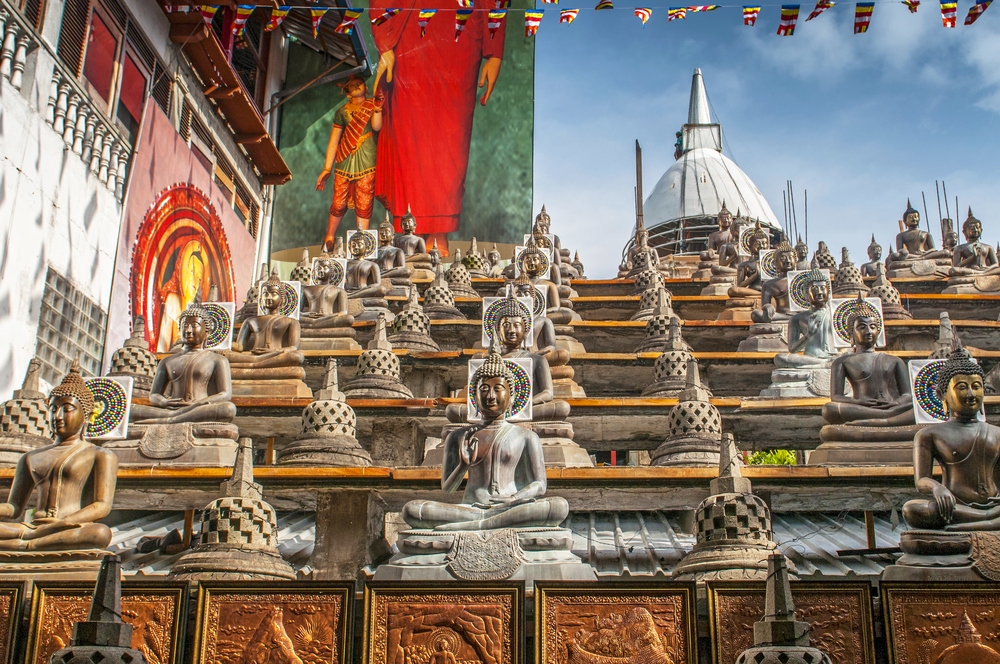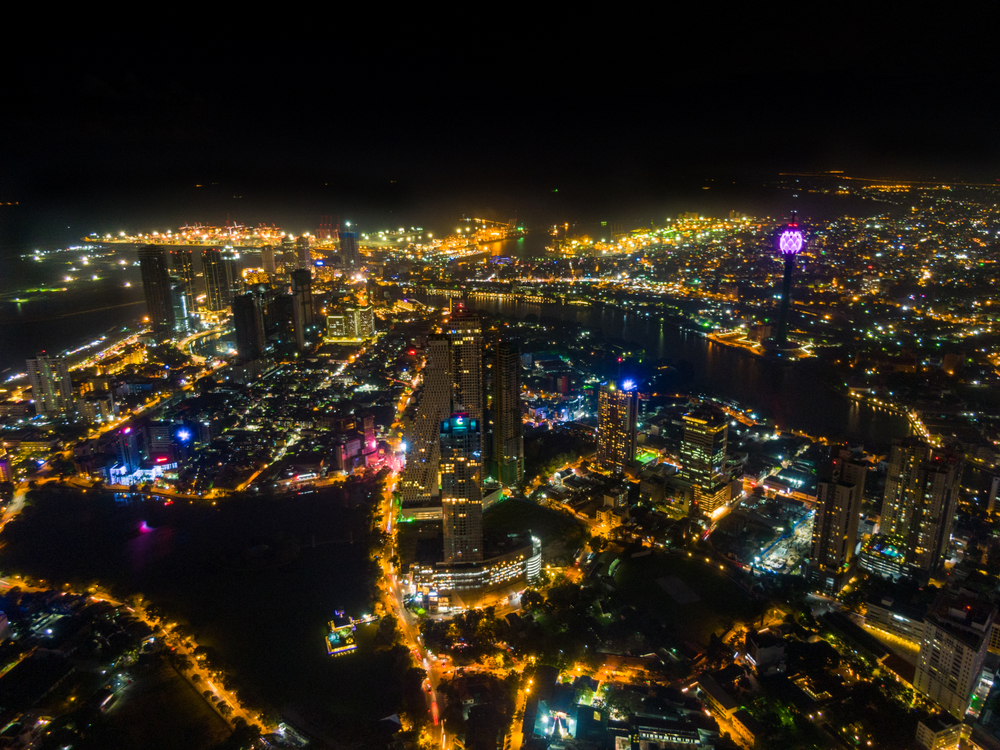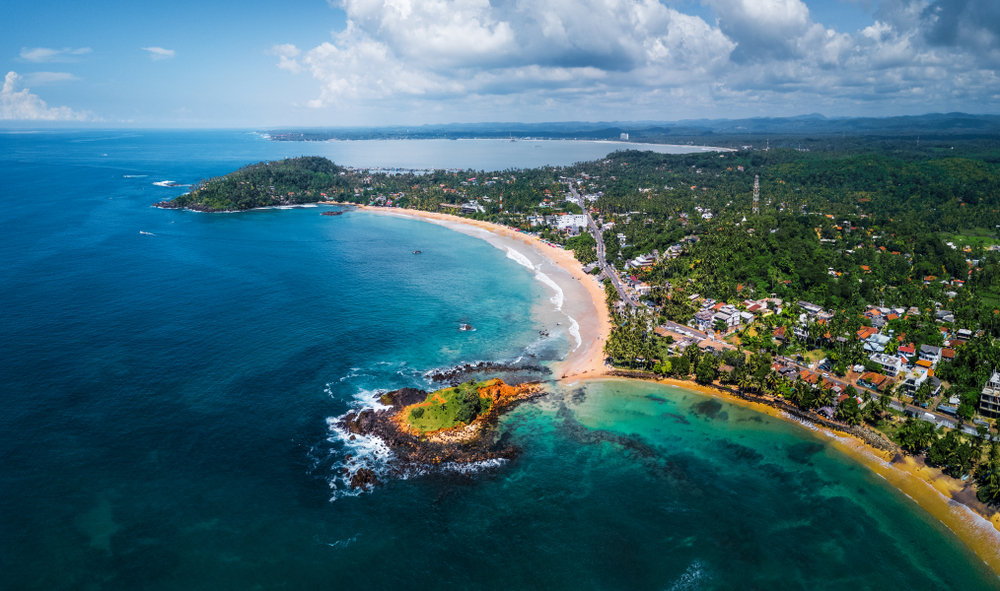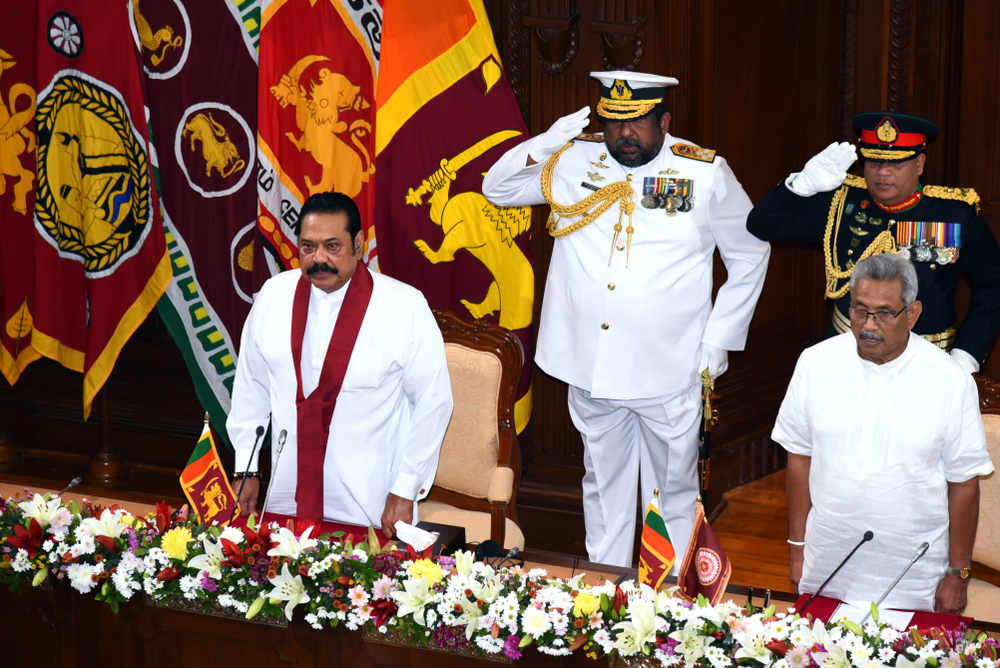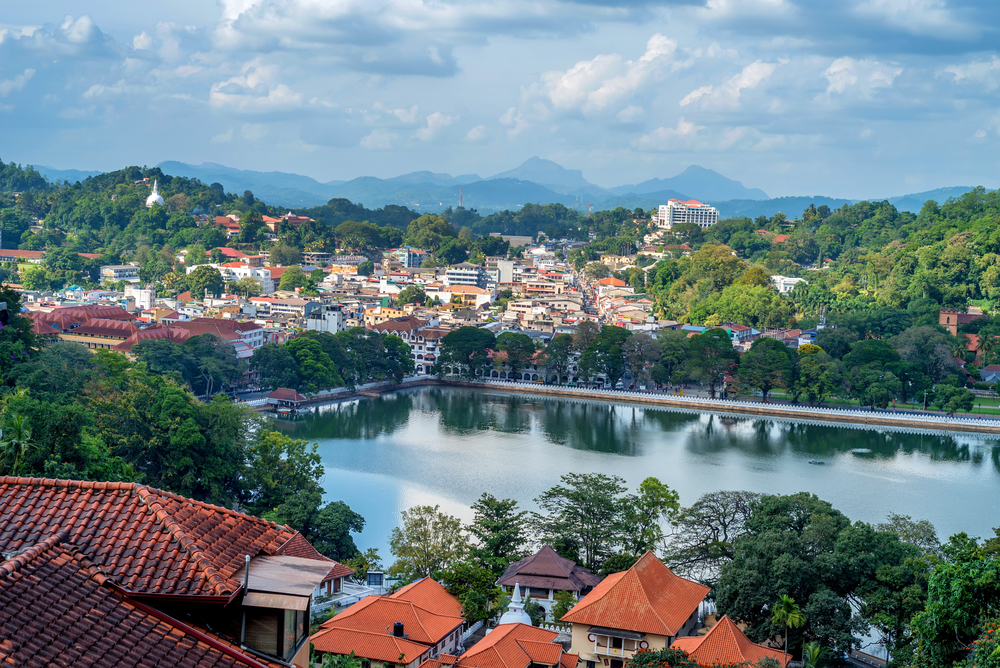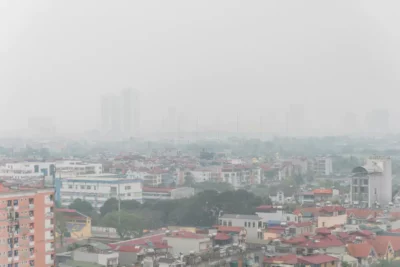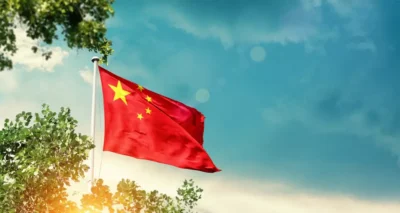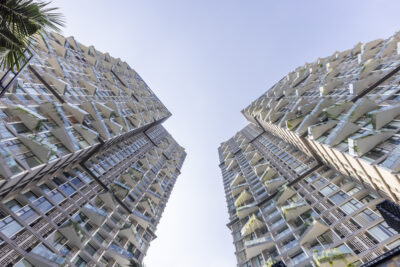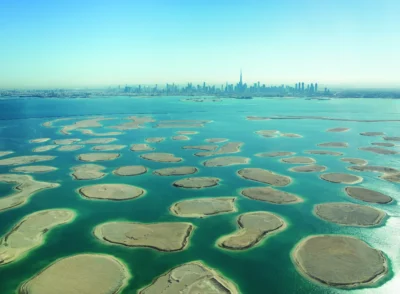Sri Lanka perseveres through disease, debt
Silver linings have been hard to find for debt-distressed Sri Lanka recently, but the resilience of its property sector provides at least some grounds for optimism
There were grim economic tidings on several fronts for Sri Lanka in 2020. In common with nations around the world, the island country was slammed by the pandemic, which all but wiped out its all-important tourism sector.
Only a year after it catalogued Sri Lanka as an upper-middle-income country, meanwhile, the World Bank downgraded it to lower-middle-income status in July 2020. By year’s end, the heavily indebted insular economy contracted by 3.6%, its foreign reserves exhausted by depressed foreign remittances, non-existent tourism, and underperforming exports.
But don’t cry for Sri Lanka just yet. The teardrop-shaped island may yet find consolation in real estate.
Ignoring the closure of the land registry and transaction delays during two lockdowns, the buy-to-live residential real estate market has performed solidly for a nation with a long history of unrest, according to Roshan Madawela, founding director and chief executive officer of the consultancy Research Intelligence Unit (RIU) and member of the PropertyGuru Asia Property Awards (Sri Lanka) judging panel.
I don’t think the word ‘recovery’ is appropriate. The market has proven to be resilient, and ‘resilient’ will become ‘resurgent’ as we move forward
“It’s been a tough two years since the bombings,” Madawela says, referring to the devastating Easter Sunday attack in 2019, “but sales continue to happen, and they have been increasing despite Covid-19.”
Tier-three or semi-luxury apartment projects were absorbed by up to 60% last year, compared to 70% the previous year. “I don’t think the word ‘recovery’ is appropriate. The market has proven to be resilient, and ‘resilient’ will become ‘resurgent’ as we move forward.”
Alongside developer discounts, the low-interest-rate environment has fomented borrowing, sending house prices north of 20% since the second quarter of 2020, according to credit rating agency ICRA Lanka. The series of key interest rate cuts during the pandemic have undercut yields of the fixed deposit: the investment scheme of choice for many Sri Lankans.
With capital gains hovering at 8%, residential property scans as a vigorous alternative. “We’ve noticed that people have taken money out of fixed deposits and put it in property because capital gains have always been up,” says Madawela. “Property is always a good option amongst the other asset classes.”
Low lending rates have even ratcheted up interest in freehold land, with apartments priced below LKR30m ($154,000) seeing “continuous” demand from domestic Sri Lankans, according to Nirmal de Silva, founder and chief executive officer of the advisory Paramount Realty and jury chairperson of PropertyGuru Asia Property Awards (Sri Lanka). “Because of the low-interest rate regime, it’s a good time to invest in real estate as opposed to keeping your money in the bank or a fixed income instrument.”
Rental yields, however, hang at 3% or 4%, down from 7% in 2019, as developers and hoteliers alike lose out on foreigners and expatriates. In normal times, the Sri Lankan diaspora—numbering three million people scattered from the UK to Saudi Arabia—would account for as high as 30% of apartment sales, especially in Colombo 1. Apartments in the prime colonial section of the metropolis brim with tier-one apartments at prices between $1m and $15m.
“When the airport opens and the normal flow of traffic comes in, rental yields would go back up, but I don’t think they will return to what it was two years ago,” predicts Madawela. “It will probably normalise to the Asian average.”
The depreciation of the rupee, which hit LKR203 against the US dollar in April, following the slump of foreign reserves to a 12-year low of $4.05bn, could shore up interest from international buyers besides the diaspora. But such buyers only constitute around 5% of the top end of the market.
“The concept of non-Sri Lankans coming in to buy apartments and holiday homes is at a very nascent stage,” says Madawela.
Among other interim fiscal measures to safeguard the currency, Sri Lanka has banned imports of non-essential commodities for more than a year. This, however, could have the unwanted effect of inflating construction costs in the next two years.
The architects of these policies—President Gotabaya Rajapaksa and Prime Minister Mahinda Rajapaksa—remain popular at home. Polarising figures internationally, the brothers have bolstered domestic support thanks to actions including the government’s deft handling of condominium levies and the introduction of REITs in September 2020.
“The previous government didn’t have a very clear policy for real estate,” says Madawela. “That uncertainty hurt the market.”
Widespread distrust of multilateral creditors like the IMF among Rajapaksa allies has shoved Sri Lanka towards China for deals underwriting the island’s balance of payments (BOP) deficits. Between March and April, China and Sri Lanka inked a $1.5bn currency swap facility, followed by a $500m loan agreement.
Public and publicly guaranteed debt have increased to 109.7 percent of the GDP, according to the World Bank. To increase economic competitiveness, the island needs “an export-oriented growth model” that taps the “full potential of private investment,” states Faris Hadad-Zervos, World Bank country director for Maldives, Nepal, and Sri Lanka.
More: A shot at recovery for Malaysian real estate
Sri Lanka would also do well to combat political patronage, which has led to one of the highest ratios of people working in the public sector of any country. “It resembles a communist state, and at the heart of these are huge state-owned enterprises that make massive losses each year,” says Madawela.
Bilateral ties with China will continue to play a pivotal role in the island’s overall infrastructure development, says de Silva. “One thing is for sure; the Rajapaksa government has been very focused on infrastructure development, and real estate is one area which falls under that category.”
In a phone conversation with Gotabaya in March, Chinese President Xi Jinping said he hoped to see the Port City of Colombo, the 269-hectare Belt and Road reclamation project near Galle Face Green, “completed soon.”
Chinese government loans are fast-tracking road infrastructure projects such as the Central Expressway, connecting the infamous Hambantota Port in the country’s south to the Katunayake Airport north of Colombo and the city of Kandy in the island’s mountainous centre, as well as the Colombo Outer Circular Highway, which bypasses the capital. “If you are bullish, the central, southern and northern provinces will be areas to earmark shortly,” says de Silva.
Infrastructure developments will make suburban sites such as Rajagiriya in Kotte more attractive in the next few years too, according to Madawela. The developments, combined with the mainstreaming of work-from-home, will increase demand for suburban living.
With the pandemic stifling launches, absorption of existing stock could rise to anywhere between 55% and 70%: a sellers’ market in the next two to three years. “The market might even reach a situation of undersupply because everything that is built is being purchased,” says Madawela. “We haven’t had many new developers coming in the last two years since the bomb attack.”
Surrounded by the Indian Ocean, the revival of Sri Lanka’s fortunes will ultimately be contingent on the return of air travel. A good influx of consumer interest will translate to sales upon the opening of airports in the next 12 months.
More: SEC officials amend Sri Lanka REITs’ tax incentives to attract real estate companies
De Silva says: “As long as there is continuous improvement in policy and infrastructure, the real estate market will continue to boom because we are an island nation. We have a small land footprint and that will have great investment opportunities for both local and foreign investors.
“We just need economic and political stability.”
The original version of this article appeared in Issue No. 166 of PropertyGuru Property Report Magazine
Recommended
Hanoi’s air pollution crisis: Balancing urban growth with environmental sustainability
Hanoi’s worsening annual toxic smog is highlighting the pressures of balancing sustainability with rapid economic growth
U.S. tariffs pose challenges to china’s housing market amid economic slowdown
Escalating US tariffs are expected to strain China’s slowing economic growth and dampen buyer confidence, creating trouble for the country’s housing market
Dewan Architects’ Mohammed Adib leads with human-centred design and technological innovation in the Middle East and beyond
Mohammed Adib channels his childhood curiosity and dislike for design uniformity into his work at Dewan Architects + Engineers
UAE real estate shifts focus to sustainability and quality, revitalising iconic projects
The UAE has risen from its challenges to emerge as a more sustainable, quality-focused destination

